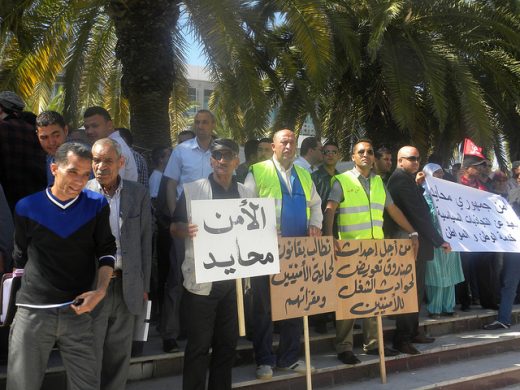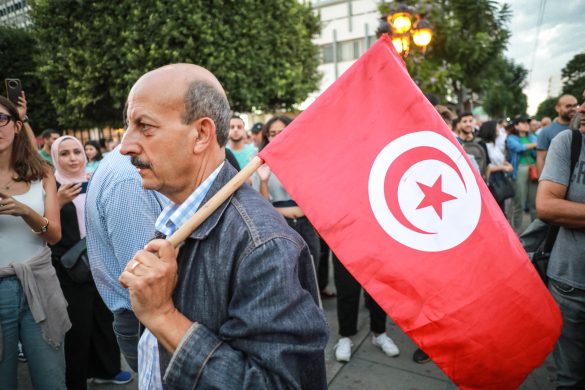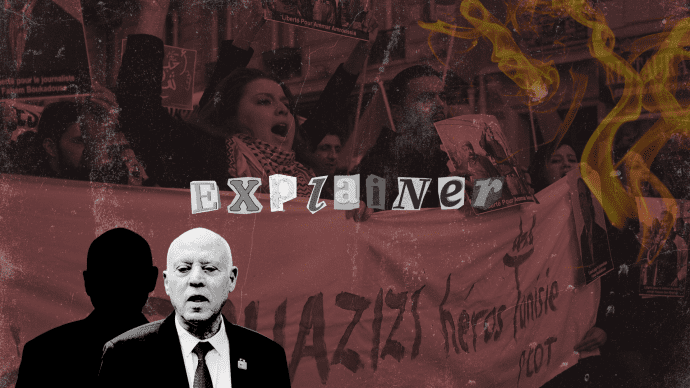With a dysfunctional internal security apparatus, Tunisia’s response to increasing, ever more devastating jihadi attacks has been ad hoc. The attacks in Tunis and Sousse, in March and June 2015, as well as frequent assaults against the police, the National Guard and the army over the past two years, especially in areas along the country’s borders, are evidence of jihadi groups’ significant advances.
The authorities are struggling to confront this threat and develop a public policy on security.
While their predicament is primarily linked to problems inside the internal security forces (ISF), the regional context does not help.
To tackle jihadi violence, as well as better manage political and social conflicts, a thorough reform of the ISF will be necessary.
Fragmenting security
Instead of promoting standards of professionalism and strengthening its efficiency and integrity, the internal security sector – which includes National Security, police, National Guard, civil defence and correctional services – is both fragmenting and asserting its authority vis-à-vis the executive and legislative branches of government.
Its members, many lacking motivation, carry out their profession in an institution whose statutes date from the time of dictatorship and that has been uprooted and politicised by the 2010-2011 uprising.
During the subsequent transition, political parties took advantage of the discretionary power held by successive interior ministers in matters of recruitment, promotions and dismissals; police unions supposed to defend the institution have, for the most part, only worsened its internal divisions.
Worry inside the security apparatus
Many officers and staff now look at reform as destabilising, much as they see the revolution and those who speak in its name.
A recently submitted ISF-championed draft law granting impunity to the security forces (the ISF, the national army and the customs police) indicates that they are on the defensive. They respond to political rhetoric accusing them of representing the counter-revolution, dictatorship and human rights abuse with a narrative of their own that pits security against democracy as part of a “war on terrorism”.
Many elements inside the ISF are worried about the state of their institution, even if it has the capacity to reform without the intervention of external actors.
Priorities should be improving management capabilities, curbing bad practices (police brutality, the spread of petty corruption) and pushing back the rise of clientelism that is hollowing it out.
Neither revolution nor counter-revolution has achieved its goals
Yet, the presidency, the government and members of the Assembly of the People’s Representatives (APR, the parliament) have a role to play in improving the security sector (through, for example, parliamentary oversight).
Rather than impose their vision on the ISF, they should channel the ISF’s desire for independence: encourage it to reinforce its internal oversight mechanisms, review the way it is structured and operates, and provide the support necessary for its professionalisation.
The last four years of transition have shown that a head-on fight between the ISF and the political class is a dead end. Neither revolution nor counter-revolution has achieved its goals.
This confrontation – in part exaggerated by ordinary citizens – has produced a false antithesis between order and liberty that must be overcome.
Læs mere hos International Crisis Group og find rapporten her (kun tilgængelig på fransk)














